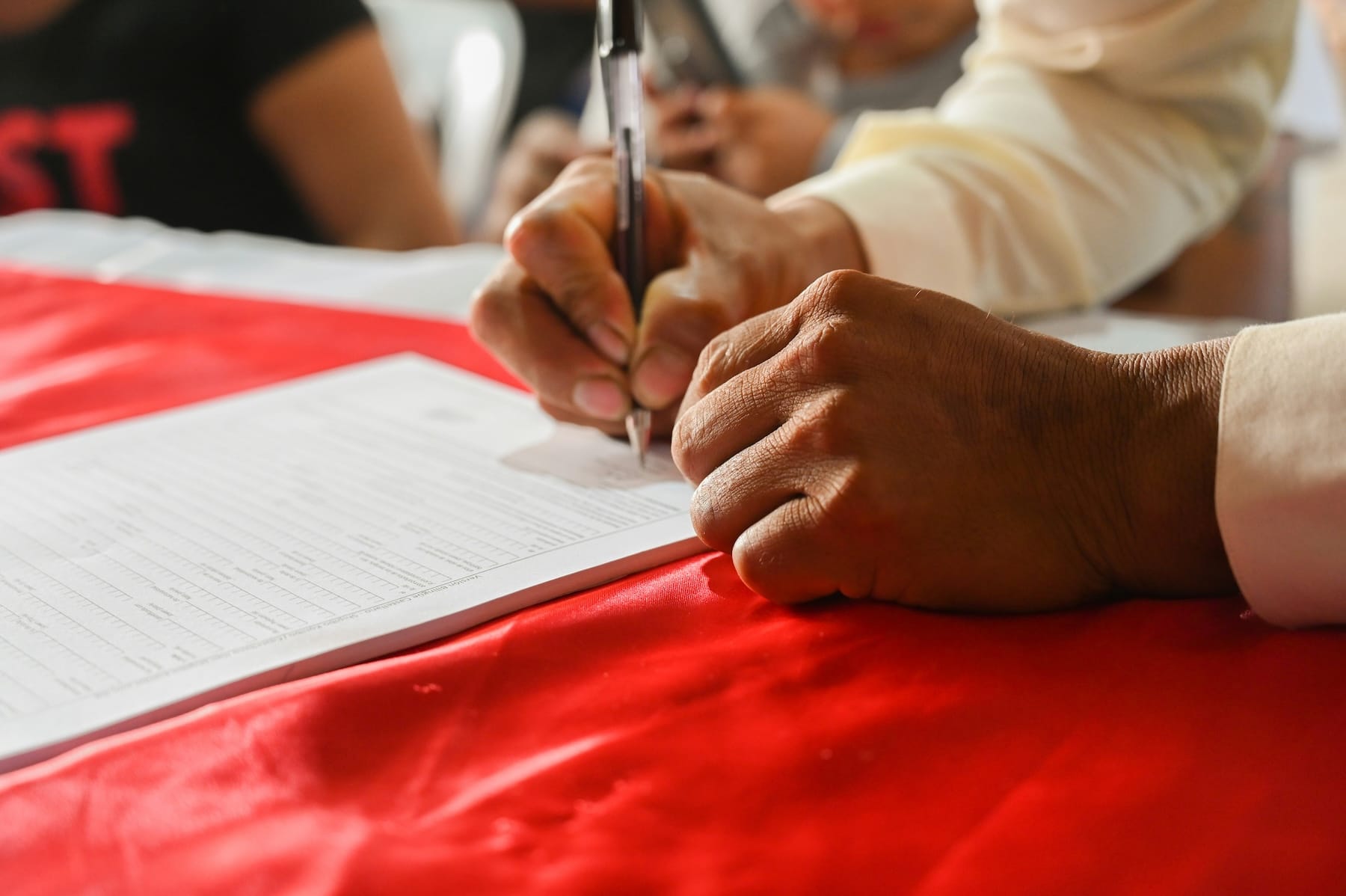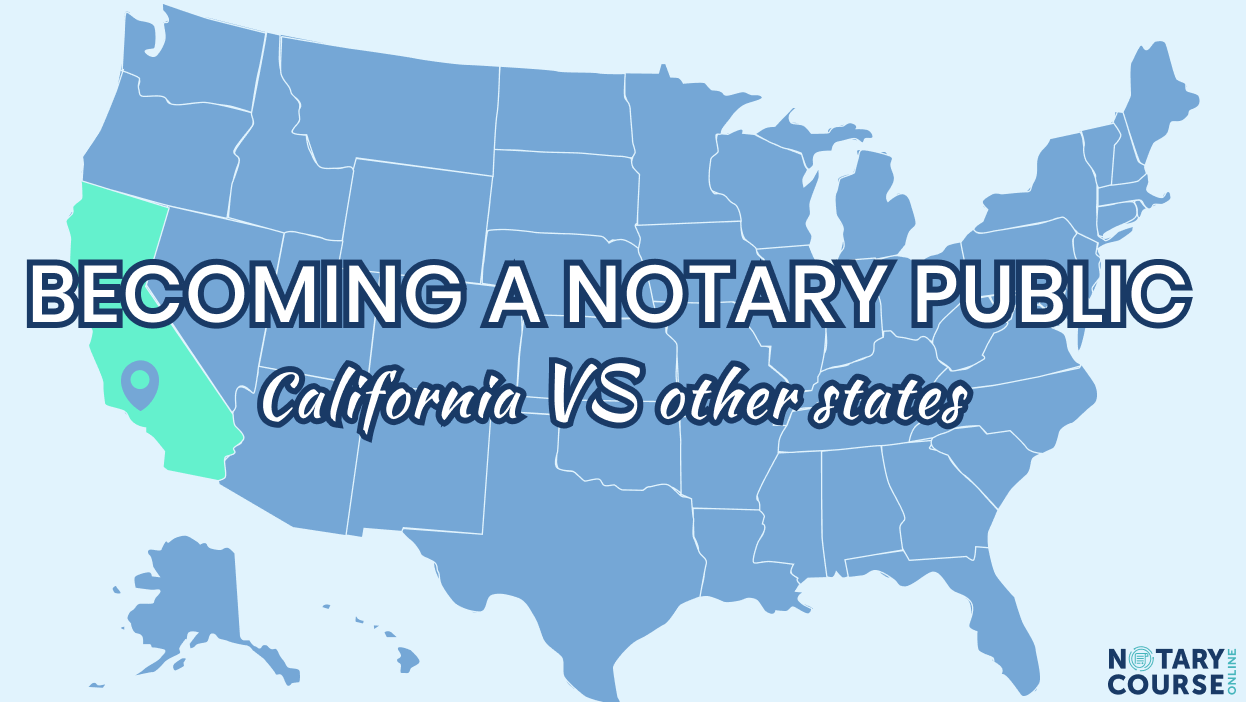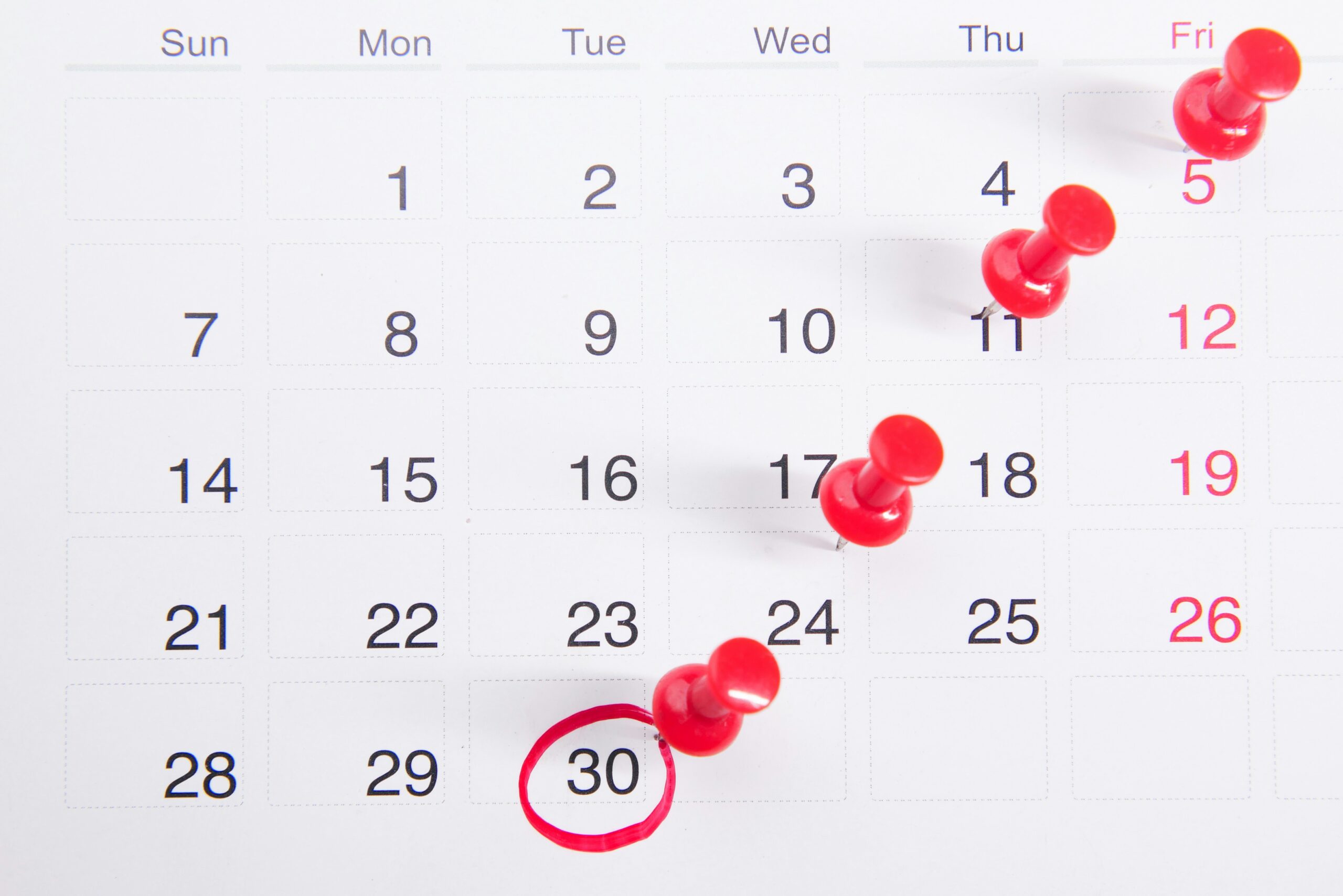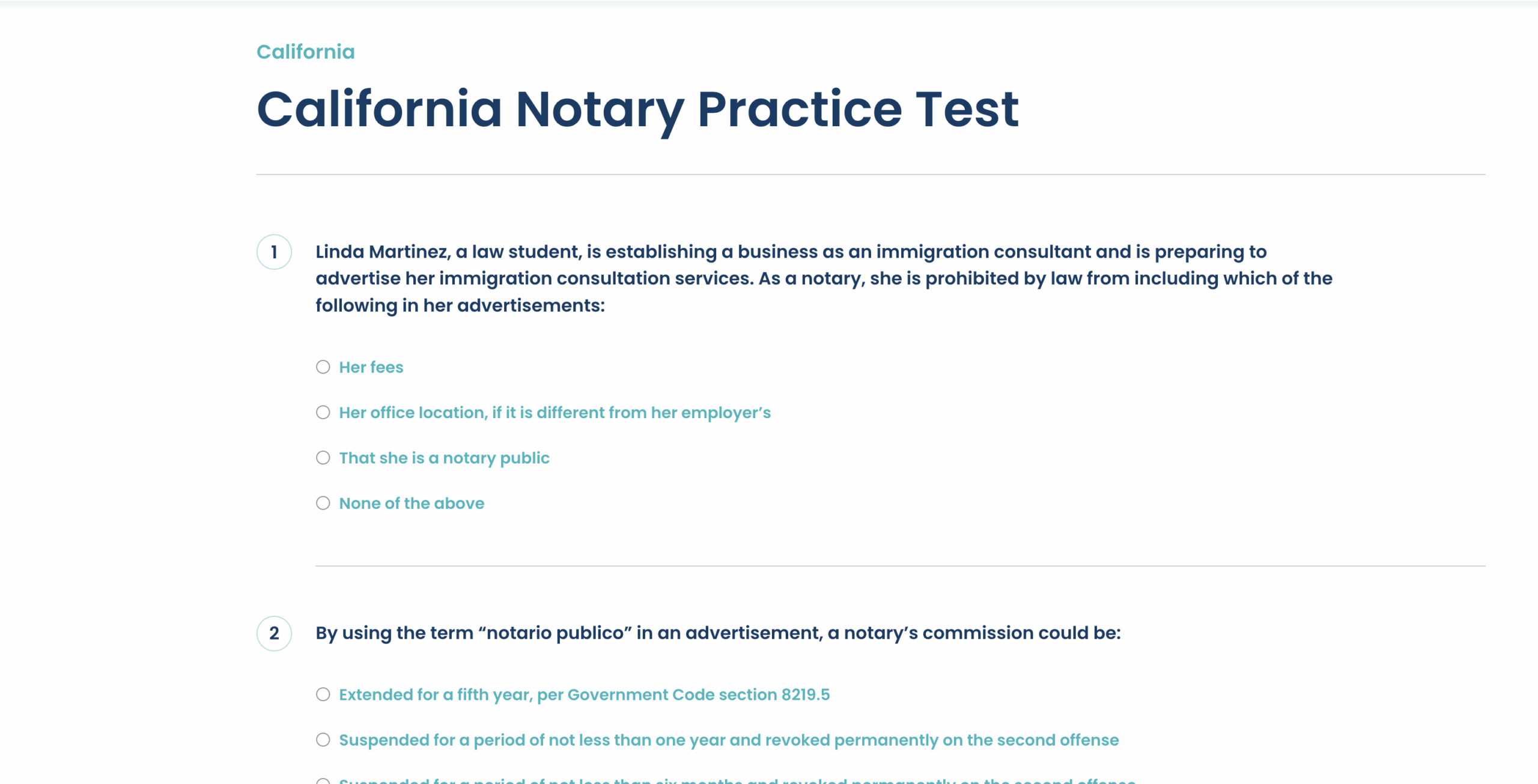California
Blog
Common Mistakes Customers Make When Using a Notary Public

-
by Notary Course Online
- August 7, 2025
What to Do When Customers Just Aren’t Ready
When a customer contacts me requesting notarization, there’s always a sense of excitement and urgency to provide my service. But this can quickly turn into dread when the customer can only provide vague answers to my scheduling questions. It’s completely understandable for a client to be unprepared when calling to schedule notary service, but with these tips, the notary can help the customer set up a successful notarization appointment.
Getting the most basic information from the customer is critical for a proper document notarization—including who’s signing, what the document is, when the service needs to take place, and where the meeting will be held. Starting with these questions first will make it clear whether the signer is actually ready for notary service or if there are loose ends or conflicts with what’s being requested.
Especially when it comes to services for older clients or indirect scheduling on another signer’s behalf, not everyone who calls for a notary has all the basics ready to go. So asking follow-up questions to confirm additional information is key.
Are the documents to be notarized available and ready to be signed? If not, I let the client know I can assist with printing if needed or at least get a better idea of the timing. Do the signers have valid government-issued identification ready for verification at the appointment? If not, we might need two credible witnesses with identification who are willing to identify the signer. If the location of the signing is a care facility or hospital, is the signer capable and willing to proceed with the signing? If the signer can’t communicate or physically sign the document, then we may need to delay the appointment.
Avoiding the All-Important “Unauthorized Practice of Law”
Being a professional notary public in California means you’ve completed a course of study and passed a written state exam to prove you understand the functions, rules, and regulations of your job. Many notaries also complete yearly continuing education to stay current with the latest statutes affecting notary work in California.
However, the general public may expect a notary to know and advise on far more than the documents presented for signature verification. Unless a California notary public is also a licensed attorney, the notary must be extremely cautious not to provide any direction that could be considered legal advice.
Some customers might not interact with a notary public often and may look to the notary for guidance on their documents or signing situation. This can include requests about what type of notarial certificate is needed, asking for a “certified copy” of a vital record, or questions about what wording should appear in an affidavit.
Remember that notaries public in California cannot advise or draft any documents. Keeping this in mind helps clear up confusion customers may have. Even though a “notary” in other countries (such as Canada or countries in Latin America) may have legal powers, UPL (unauthorized practice of law) is a crime for California notaries public, carrying stiff penalties such as fines and/or jail time.
If I can’t help a customer with their specific question, I’m happy to refer them to their attorney if they have one, or suggest they visit a site like LegalZoom.com or RocketLawyer.com where they can find self-directed legal assistance.
Staying in Touch for Important Follow-Ups
If I have to turn away a prospective customer because they just aren’t ready for notarial services, that doesn’t mean I don’t follow up later. Getting calls from random numbers these days can be nerve-wracking due to telemarketers and scams. So when I get a call from a prospective customer, I make sure to add their details to my contact list.
That way, when they call back, the caller ID shows them as a “Notary Client,” and I can ensure their call is answered promptly. This contact list is also useful for discreet messaging if that’s what the customer prefers, and it provides a written record of the signing request and any follow-up communication.
Having a dedicated ringtone for “work” calls and texts is also helpful, as it distinguishes business calls from personal or spam calls. The last thing I want to do is let down a customer by missing their call or text—missed communication can mean missed business. Customers remember vendors who are easy to reach and quick to respond.
Labeling contacts as “Notary Client” also helps build a book of business that can be used for marketing and specialized outreach. Making notary service as convenient as possible is not only good service but also good business. By serving the public, a notary must often be flexible and accommodating—within the guidelines of the California Notary Public Code.






 Congratulations!
Congratulations!